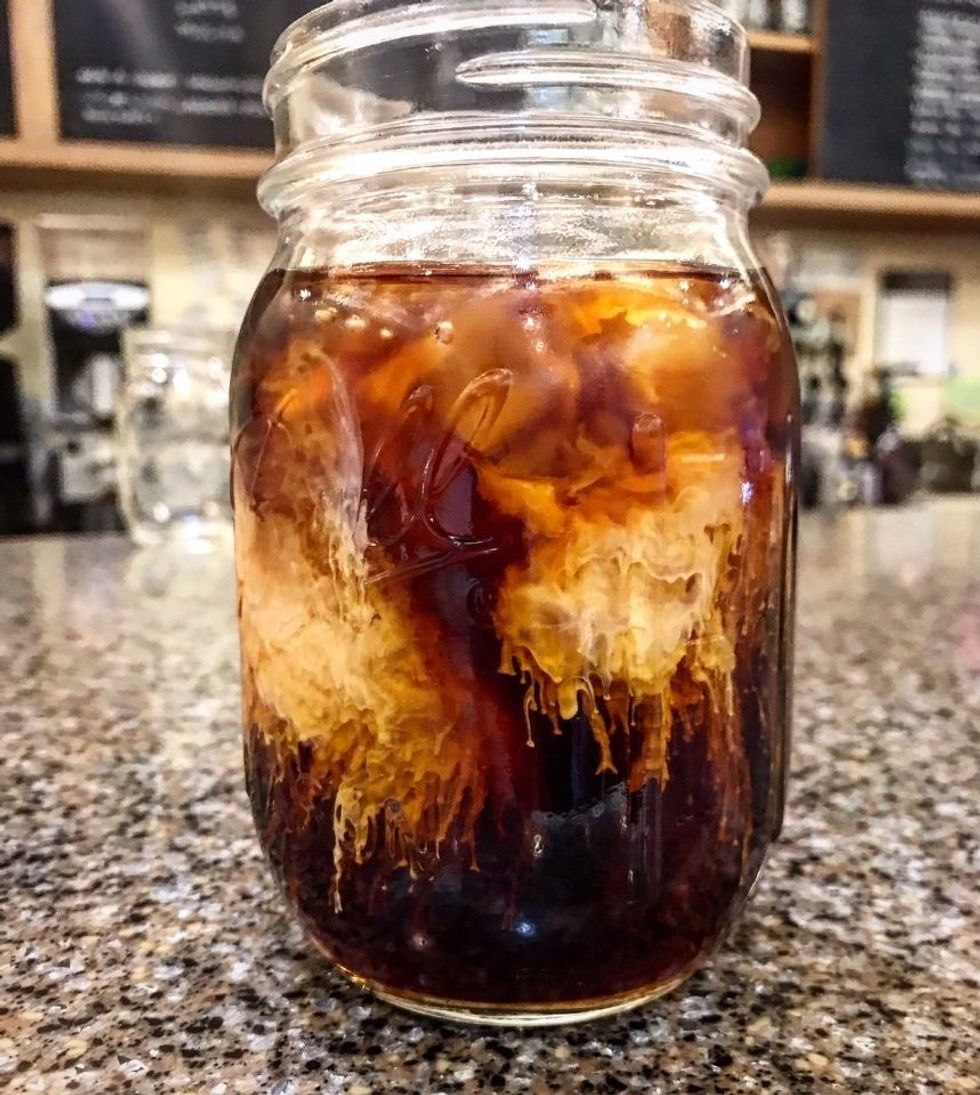I could post many famous quotes about people validating what they do by saying it's in their blood. They say "it's in my blood" to do x, y and z. But do you know what else is in their blood? Sugar.
So why does sugar have a bad reputation? When did we suddenly shun sugar as an important part of our diets and say that less is better, if none at all? IT'S IN OUR BLOOD.
Sugar has a lot of different names, depending on what type of molecules it's made of: glucose, fructose, galactose, lactose, maltose, sucrose, just to name a few.
Disguising itself with its many faces, sugar accompanies the starches to be our main fuel sources. In fact, sugar, starches, and fiber all belong in the category called carbohydrates, which are the preferred energy source of our bodies.
The body does not discriminate between the food source: if it finds sugar, it will break it down into simple sugar molecules that go into your bloodstream and into every cell of your body to be converted into energy. Whether you can get glucose molecules from a "healthy" source vs. an "unhealthy" source, if they have the same amount of sugar molecules, all the sugar molecules will be broken down in the same manner by the body.
Glucose, another fancy name for sugar, is the sugar that circulates through the bloodstream. Glucose is the ONLY energy source that the brain recognizes and uses for functioning.
When we eat carbohydrates, they are broken down by the digestive system, blood glucose levels rise, and insulin (a hormone emitted by the pancreas) helps glucose enter all the cells of our bodies.
When our brain converts glucose into energy, then serotonin is produced in the brain, which can calm the body down. So why do people assume that sugar causes rowdy, unstable behavior? People normally eat sugar when they are socializing with others. Socializing with others can produce less calming behavior than sugar.
Maybe you're wondering about a specific kind of sugar, though. Maybe it's high-fructose corn syrup. There was actually a controversy about whether or not HFCS is processed by the body in a different manner than sucrose (another fancy name for sugar). High-fructose corn syrup is added to food products for several reasons: it blends well and is cheaper than table sugar(sucrose). High fructose corn syrup is just as sweet as sucrose. Both table sugar and high-fructose corn syrup are 4 calories, are equal parts glucose and fructose, and processed the same by the body.;
Blood does not care where you get the sugar. It needs sugar and it will absorb it all the same way.
According to the American Medical Association, high fructose corn syrup does not contribute to obesity or cause sugar cravings or boosts appetite. In fact, what contributes to weight gain is a simple equation. The body requires a certain amount of calories, regardless of when they are consumed. If a person consumes an amount of above the necessary amount of calories, then weight gain happens. Calories from alcohol, proteins, fats, and carbohydrates can all cause obesity. If you consume less calories than necessary, weight loss will happen.
Your body likes simple math just like you do.
1 tsp of honey is 21 calories, but 1 tsp of table sugar is 16 calories. So why do people put honey in their drinks thinking that it's the healthier option? This is because honey is "natural." A product being "natural" should not have an implication that it is healthy. Brown sugar is just table sugar smothered in molasses, and molasses does have some nutritional value to accompany the calories. Some sweeteners are more soluble than others, so that may be a deciding factor, but each sweetener is basically the same amount of calories as common table sugar.
The concern should not be sugar, the concern should be too much added sugars.
We do not have to limit ourselves by misconceptions and a booming market for "natural" and "organic" foods that are more connected with a profit-oriented mindset than a healthy one.
A spoonful of sugar can make the medicine go down.











